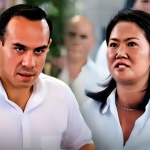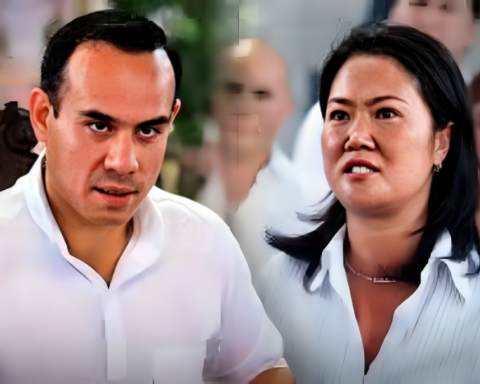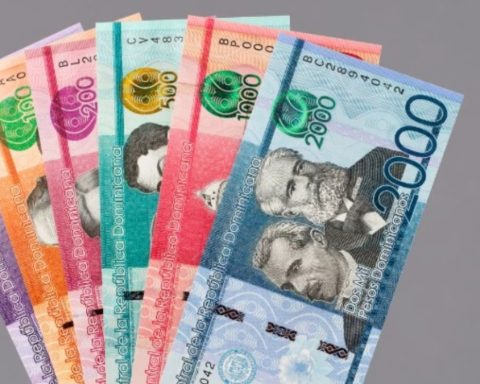October 9, 2024, 4:00 AM
October 9, 2024, 4:00 AM
The recent increase in the price of meat in Bolivia has caused a climate of concern among both consumers and producers. Although the Government has pointed to intermediaries as those mainly responsible for this increase in prices, the decisions taken in recent days have raised more questions than answers. The signing of an agreement between the Government and meat marketers, without the participation of producers, is presented as a controversial measure that could have negative repercussions on an already vulnerable sector.
The agreement, which establishes an evaluation of meat exports within 30 days, has left ranchers in a state of uncertainty. The ranchers of Santa Cruz have warned that the suspension of exports would bring with it a reduction in foreign exchange, unemployment and a disincentive in food production. This panorama is alarming, considering that the meat industry has been a pillar for the Bolivian economy.
The situation made it clear that the increase in the price of meat is not due to an increase in production costs by ranchers, but rather due to speculation by intermediaries. Thus, according to the producers, despite the fact that the price of live cattle has increased by just one boliviano, the final consumer is paying up to 15 bolivianos more per kilo of meat. This shows a significant gap between the price that producers receive and that paid by the consumer, which raises suspicions about the role of intermediaries in the supply chain.
And it is more worrying when one considers that this increase in prices not only affects Bolivian families, but also puts beef exports at risk. The meat industry has worked hard to position Bolivia in the international market. Discouraging production through measures that limit exports could destroy years of effort and development in the sector. This would not only affect producers, but would also impact the national economy as a whole.
On the other hand, the Government has promised greater control over intermediaries, but concrete actions are still uncertain. The intention to coordinate actions with producers sounds like a reactive measure and not an effective solution. If the Government really wants to address the problem of rising prices, it must involve all actors in the production chain, including livestock farmers, in decision-making.
The lack of communication and agreements between the Government and producers can lead to an even further deterioration of the situation. The threat of extortion by vendors in markets reveals a systemic problem that requires urgent attention. Ranchers cannot be the scapegoats of a system that is clearly failing in its structure.
The price increase involves speculation by middlemen, questionable government decisions, and a market that needs to be restructured. The situation requires a transparent approach that not only contemplates price control, but also ensures the sustainability of meat production in the country, guaranteeing access to affordable food for all Bolivians, but also export in times of acute shortage of food. dollars.















